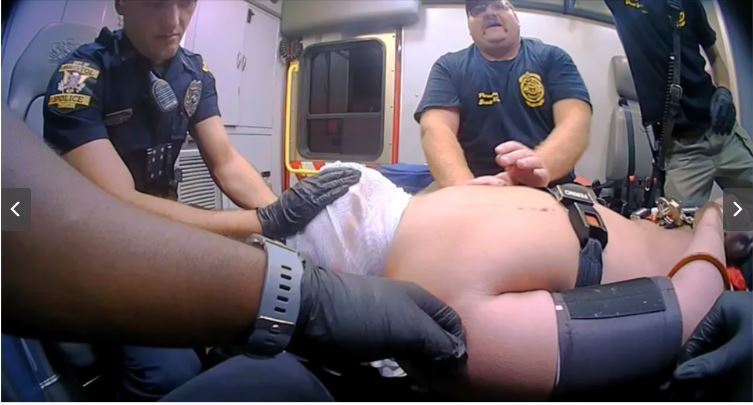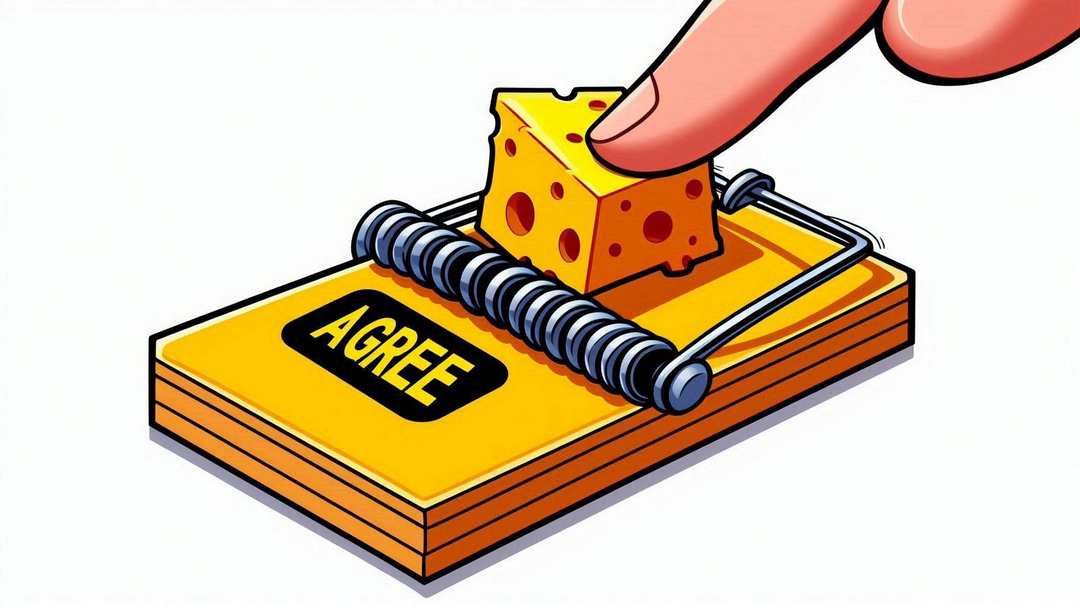Criminal Sexual Conduct (CSC) in Michigan: Definitions, Penalties, and Legal References.Criminal Sexual Conduct (CSC) is a set of laws in Michigan that define and penalize various forms of sexual offenses. These laws are categorized into four degrees, with each degree...

Nuclear waste headed to southeast Michigan landfill
What happened to the nuclear waste from the Manhattan Project? It’s coming to Michigan so New York can be a cleaner place.
August 2024, the U.S. Army Corps of Engineers is transporting nuclear waste from the Manhattan Project (Read it) to the Wayne Disposal facility in Belleville, Michigan near the PFAs river and the Van Buren Twp Park.
The waste consists of soil, concrete, and groundwater that are contaminated with low levels of radiation originating from the Niagara Falls Storage Site in Lewiston, New York, a location significant for its role in the development of the atomic bomb during World War II.
The waste is being relocated as part of a comprehensive remediation effort aimed at addressing decades of contamination that began in 1949 when the Army Corps discovered radioactive materials infiltrating the soil and groundwater.
Don’t worry that won’t happen here in Michigan.
Republic Services, a private waste management company owns the facility.
The transportation of waste will occur via 25 trucks weekly along public roads and highways beginning in August 2024 and will extend through January 2025.
The Wayne Disposal facility is the only landfill in Michigan licensed to accept hazardous and low-level radioactive waste. As usual we are told the waste complies with all local, state, and federal regulations and does not pose a significant risk to the public or the environment.
Also… The waste is exempt from federal radioactive material disposal requirements and contains concentrations that are lower than those permitted by its license.
Some residents and officials in Michigan have expressed opposition to the transport and disposal of the waste in their communities. Wayne County Executive Warren C. Evans says that Environmental Injustice in the area has led to higher rates of asthma, lung cancer, heart attacks, strokes, and other health issues, and that residents deserve better. Others, like LaSpada, say that
The Army Corps doesn’t notify communities along the route.
Wonder what MiChap thinks about it
Meanwhile Elsewhere in Michigan
Legal Counsel and Your Rights
When facing legal challenges, particularly in criminal cases, it is advisable to seek legal counsel immediately.
An experienced attorney can provide guidance on how to navigate interactions with law enforcement while safeguarding your constitutional rights.
Since 1993 our expert legal defense in navigating criminal law matters and protecting your constitutional rights are what we eat for breakfast everyday.
Contact Komorn Law PLLC if you’re ready to fight and win.
Research us and then call us.
More Rights You Should Know

Criminal Sexual Conduct (CSC) – Michigan
No Results Found
The page you requested could not be found. Try refining your search, or use the navigation above to locate the post.
Other Articles
Traffic Laws FAQs – Equipment & Lighting Violations
Michigan Traffic FAQs - Equipment and Lighting Know the laws before you install extra equipment on your vehicle. Know the laws if you get pulled over. Know who to call if you need legal defense if a violation turns into a DUI or worse. Equipment & Lighting...
Traffic Laws FAQs – Tinted Windows
Michigan Traffic FAQs - Tinted WindowsTinted Windows Question: Can I have tinted windows on my vehicle? Answer: The law that covers window applications is MCL 257.709. The use of tinting is limited to the rear side windows, the rear window if the vehicle has outside...
A historic cannabis shift is one of the latest election year moves
AP StoryPresident Joe Biden may potentially ban TikTok, but he aims to offer young individuals, who largely influence this widely-used social media platform, a more lenient government regulation regarding marijuana. Facing a decline in support from an important...
SCOTUS Opinion, SHEETZ v. COUNTY OF EL DORADO, CALIFORNIA
The Constitution provides “no textual justification for saying that the existence or the scope of a State’s power to expropriate private property without just compensation varies according to the branch of government effecting the expropriation.”The case in question...
New rule mandates time and a half pay for lower paid employees
Qualified lower-paid workers who earn a salary but work more than 40 hours in a week will soon be entitled to guaranteed time-and-a-half pay, thanks to a new labor rule announced by the Biden-Harris administration. This rule will raise the salary thresholds necessary...
Whitmer Signs Bills for Health Services and Criminal Justice
LANSING, Mich. – Today, Governor Gretchen Whitmer signed legislation that aims to establish a licensure framework for dietitian nutritionists. The governor also signed legislation that delivers ongoing funding for trial courts across the state, reducing costs for...
People v Williams Michigan COA – Police CPL Check
People v WilliamsMichigan Court of AppealsNo 365299 (04/18/24) MCL 28.425f permits a police officer to ask a person observed to be carrying a concealed weapon to produce their concealed pistol license (CPL) at any time and for any reason. Makes possession of a...
Underage Workers in Factories Spark Fines, Investigations, and Legislation
A New York Times report exposed widespread child labor in a Michigan factory, prompting state and federal authorities to take action. The report focused on a Hearthside Food Solutions plant in Kentwood, alleging the presence of numerous underage workers. Michigan's...
















